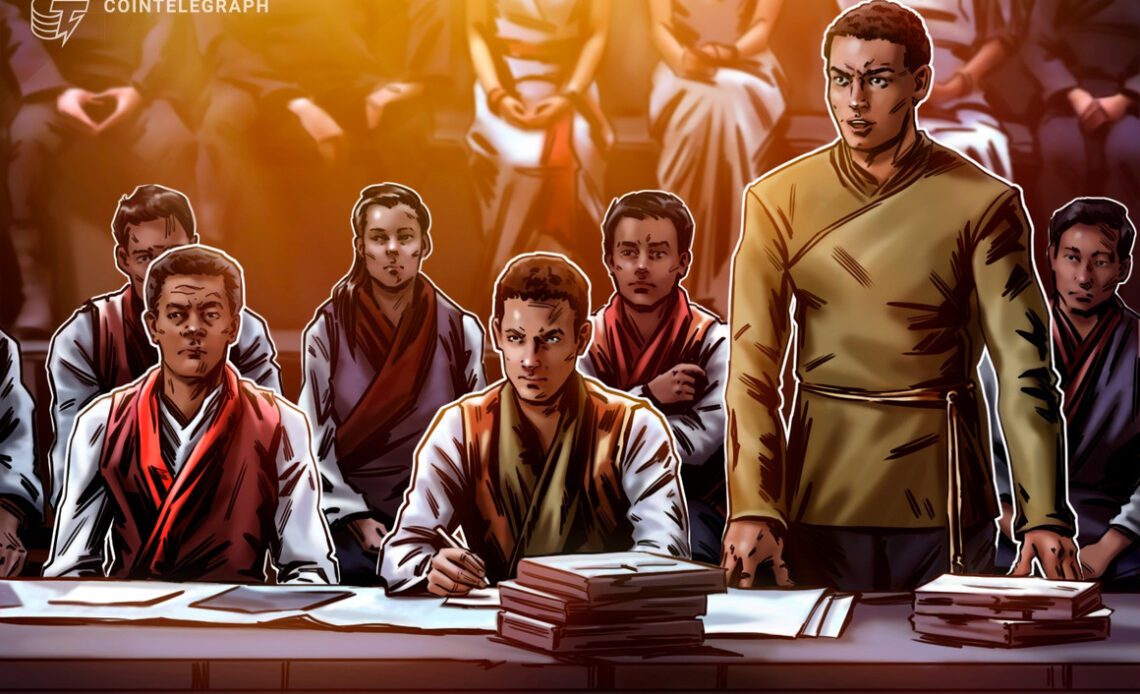Over the past few years, decentralized autonomous organizations (DAOs) have introduced a clear paradigm shift in blockchain governance. With their community decision-making and adherence to hardcoded rules, they have challenged the role of hierarchy and central authority that are present in modern organizations, especially as it pertains to business. Ideologically, DAOs have a lot in common with democracies: individuals holding an amount of a DAO’s specific token can allocate those tokens as votes on governance proposals. Once voting has concluded, the final outcome is executed autonomously by smart contracts.
In functional democracies, however, citizens elect representatives to legislate laws and govern society, and periodic elections and an independent judicial system help ensure that elected leaders work honestly toward a common interest. DAOs, especially those also functioning as business entities, often fail to implement and practice these systems of checks and balances. Consequently, many of them retain centralized or minority control, limit the breadth of decisions in which community members have a say, or suffer from uninformed and disorganized voting practices.
The problems with DAOs
Problems with DAOs begin with the fact that tokens are required to participate in a DAO’s voting procedures. This means wealthier individuals have the ability to purchase more tokens and thus exert more influence over voting outcomes. This sort of selective enfranchisement based on token holdings can lead to biased voting outcomes that might not be beneficial for the entire community.
While some early users may join DAOs based on collective interests and long-term goals, there are inevitably investors who join strictly to make quick profits without caring about a project’s sustainability and future. With the intrinsic importance of tradable governance tokens to a DAO’s operations, it can be difficult to align financial incentives and community interests in a way that maximizes a project’s growth potential over longer timeframes.
Related: CFTC action shows why crypto developers should get ready to leave the US
Moreover, a large community can negatively affect decision-making, as voting often becomes a time- and resource-intensive process. During emergencies or crises, quick decisions can sometimes protect users’ funds, but reaching a consensus through community voting delays the decision-making process. In many cases, a large section of the community is…
Click Here to Read the Full Original Article at Cointelegraph.com News…
























